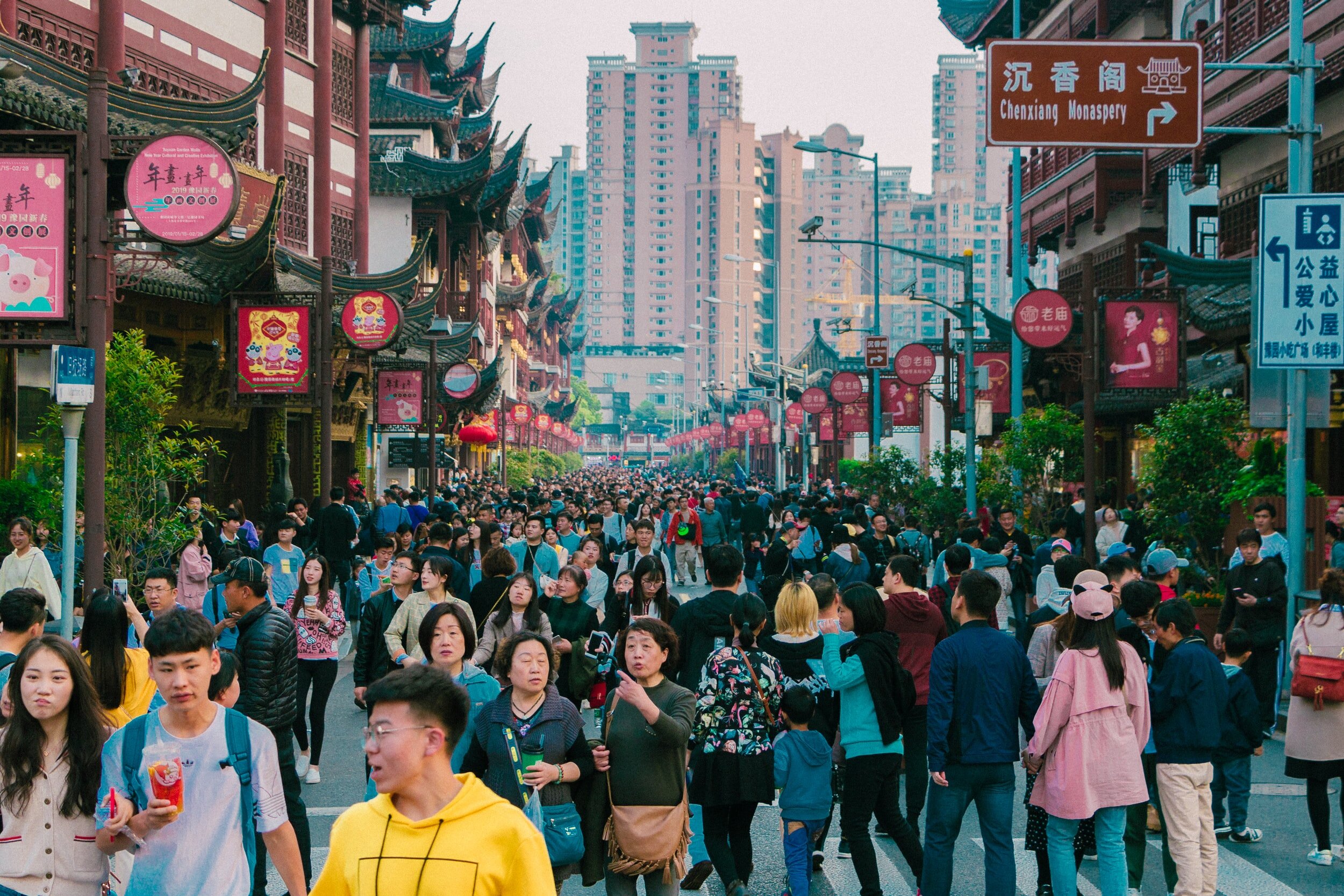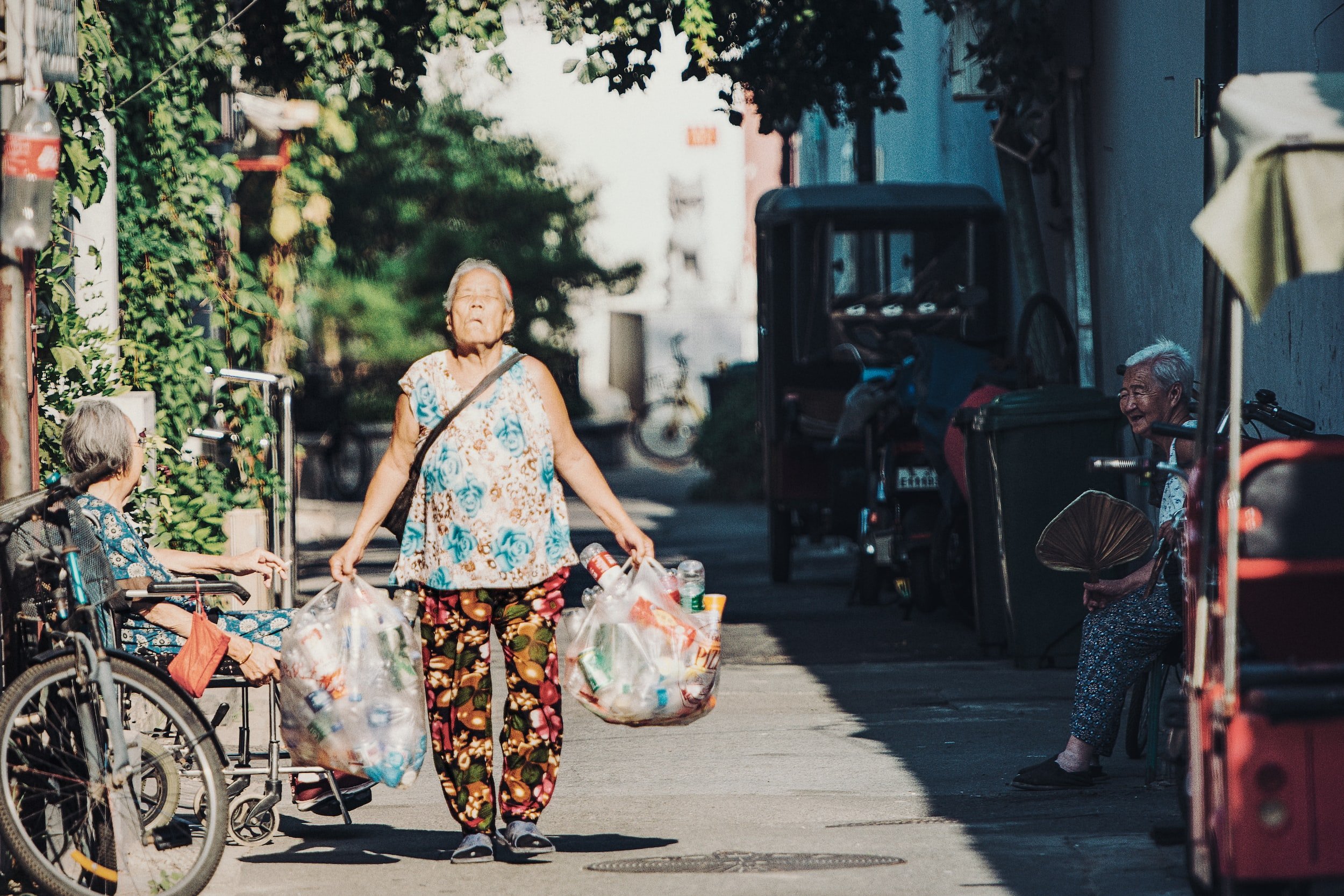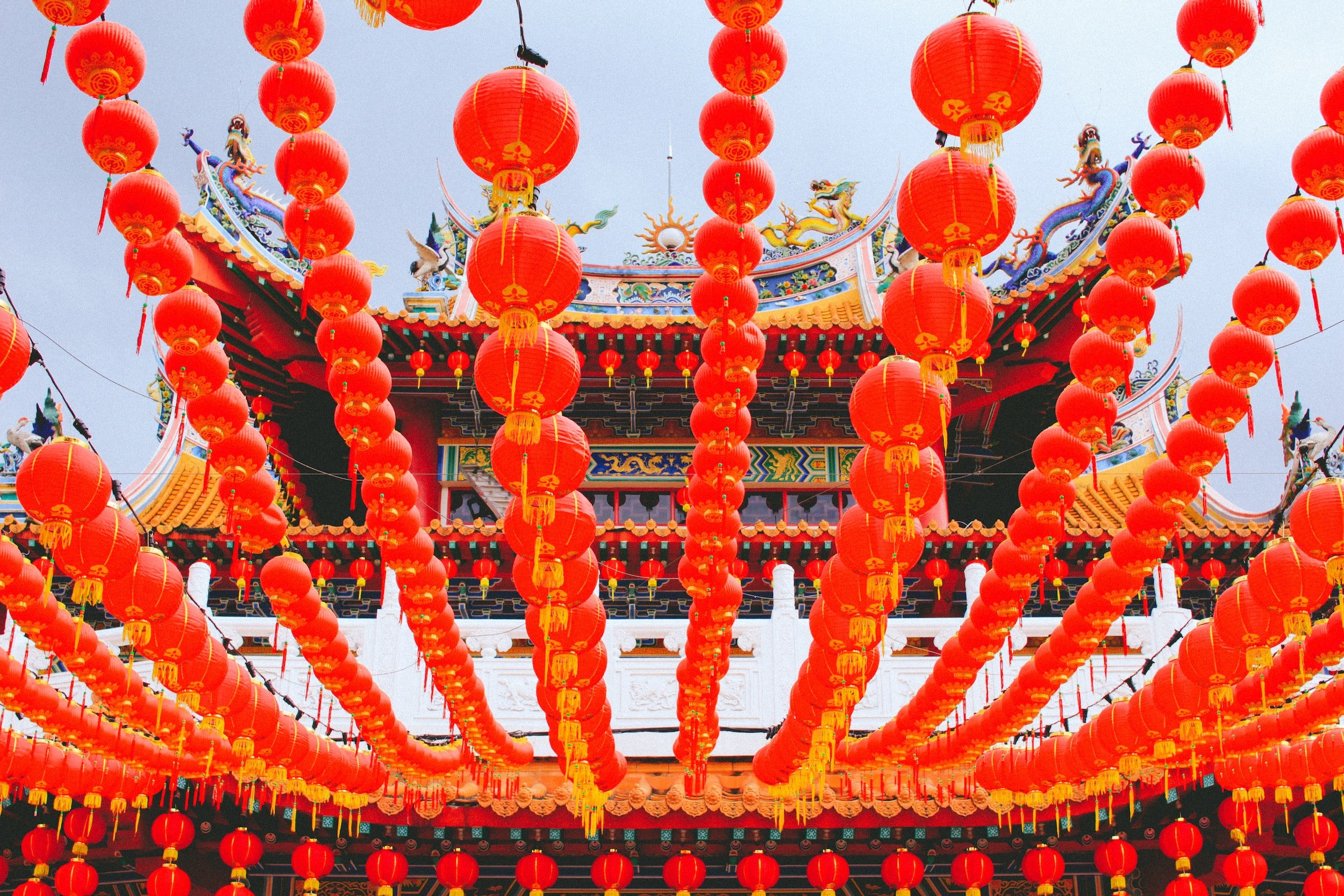
Editor’s note: We recently chatted with a Shanghai church planter about his theological commitment to church planting and the daily joys and struggles of pastoring a new church. In this candid conversation, he touched on everything from church planting via splits or persecution, to his great need for daily prayer, to how regular organizational decisions must be rooted in gospel faith, not driven by fear.
Check back Thursday for the rest of this conversation!
China Partnership: How did you know church planting was what God was calling you and your family to?
Pastor Hu Yongjie: It’s both theological and personal. In China, we unintentionally church plant. Before I knew about church planting networks, I saw a lot of church plants which were caused by either persecution or by church splits. I even personally experienced that.
In 2010, a group of people in our old-fashioned, conservative, fundamental church became more charismatic, so we experienced a sad church split. That church had two locations, with more than fifty people at our location. After the split, only eleven remained. The church said, “You eleven can form a new group.”
Never miss a story
>
”“In China, we unintentionally church plant. Before I knew about church planting networks, I saw a lot of church plants which were caused by either persecution or by church splits…As I experienced personal renewal, I became more and more convinced that planting churches is the biblical way to fulfill the Great Commission.”Never miss a story
Sign up to receive our weekly email with our original articles.
In the Book of Acts, churches began through either persecution or church splits. Paul and Barnabas split, but both of them were committed to the Great Commission. I talked to my wife, and we decided to start a service in our living room. I went to Ikea and bought fifteen chairs, and told the leader we could keep the service at our house. That was an unintentional church plant. As I read more Scripture, I realized that Paul’s ministry was carrying out the Great Commission. He preached in city after city. As I experienced personal renewal, I became more and more convinced that planting churches is the biblical way to fulfill the Great Commission.
I was invited to seminary in the U.S., and I planted a congregation while I was in seminary. I grew as I was mentored and oversaw and shepherded that church plant alongside other pastors from the mother church. I myself was the fruit of that church plant. In my wife’s words, I became more godly. This is also biblical; both Peter and Paul grew when they planted churches.
Planting churches is not only my theological conviction, it is also in line with my personal experience. Even before I converted to Christianity, I was a city person. I like the city; I like different kinds of communities. I believe God has equipped me to plant churches in the city.
CP: What were some fears or anxieties you had in planting?
Pastor Hu: This time, when I planted in Shanghai, it was in the midst of COVID. The external environment brought me many fears, both in terms of COVID and of the political environment. I feared we would have COVID-positive people attend church. Also, since the church has an open door, I had fears about being raided or persecuted by the government.
Internally, I have both joy and fear about the growth of the church. Our church has grown fast; the growth and size of the church are already beyond my experiences and abilities. But on the other hand, the more fear and anxiety, the more I am pushed to pray. Like Martin Luther said, I have so many things to do that I have to pray for hours.
I also have fears about myself, related to my family and my personal holiness. My pastor in seminary was also Asian. For us, we can put all our energy and time into ministry—but am I really living a holy, godly life? Do I have personal devotion time? Do I keep the Sabbath holy?
>
”“Our church wants to be a good neighbor, and not be too loud to affect their work. I also had fears about whether they would report us. I needed God’s wisdom. Our church changed locations last weekend; we moved, in the same building, to the company of a church member to hold the service. Every day I have to make these kinds of choices. Every decision needs to be driven by the gospel, instead of by fear, even if the result seems the same.”
CP: What has the reality of church planting been like?
Pastor Hu: One example is the environment. Last weekend, Sunday was a work day. [Following a national holiday, the Chinese government often schedules a weekend day as a regular school/work day to make up for the time missed during the holiday.] Next door to a church is a law firm, which would be working during the service. Our church wants to be a good neighbor, and not be too loud to affect their work. I also had fears about whether they would report us. I needed God’s wisdom. Our church changed locations last weekend; we moved, in the same building, to the company of a church member to hold the service. Every day I have to make these kinds of choices. Every decision needs to be driven by the gospel, instead of by fear, even if the result seems the same.
When our church was small, when there were only twenty people, I had fears about financial sufficiency; now we have 130 to 150 people each Sunday, and I have a fear of too many people. When the church was just starting, I hoped we would have intimacy and good relationships. Now, I fear that people will expose their sins to me. For example, I have five cases of divorce on hand right now. Sometimes I complain, and ask people why they have only come for one month and are sharing all their brokenness with me.
I feel both joy and fear. The joy is that people are so open. Yesterday, a couple who has been at our church less than two months told me that the husband has an addiction to pornography and they need counseling. I spoke in a joking tone, and asked, “Why did you tell me this?” I had preached that vulnerability is the superpower of Jesus, and we can share our brokenness with one another. They said, “I believe what you preached, so we came to you.”
This is how God has helped me to grow. Preaching the gospel and inviting people to share their brokenness is biblical; but even when I do biblical things, I have fear, because I have rooted my confidence and my faith on my own ability. I struggle with this daily.
Hu Yongjie is a pseudonym for a church planter in Shanghai. In his spare time, he enjoys trail running.
FOR PRAYER AND REFLECTION
Pray for Chinese church plants to make decisions driven by gospel love, not fear or defensiveness.



































